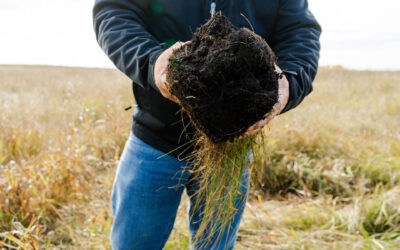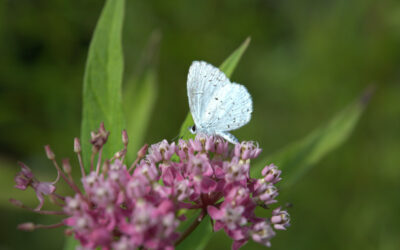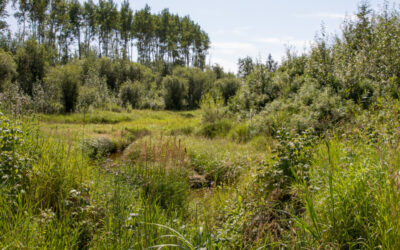Wildlife Habitat Canada Continues to Support ALUS Middlesex’s Drive to Create New Wetlands and Restore Upland Habitat with Generous $40,000 Grant

Wetland restoration work underway on a farm near Ailsa Craig, ON. This wetland was completed in partnership with Ausable Bayfield Conservation Authority.
London, ON — June 21, 2023 Building on a partnership established in 2022, ALUS Middlesex and Wildlife Habitat Canada continue to work towards their common goal of enhancing local ecosystems and restoring valuable wetland habitats. In 2022, this partnership led to the creation of 5 acres of wetland and 50 acres of upland habitat in Middlesex County. This new venture looks to build off the success of last year’s projects, doubling the amount of new wetland established to an impressive 10 acres and increasing upland habitat creation by an additional 20 acres for a total of 70 acres in 2023.
This newly established habitat will exist on marginal farmland throughout Middlesex County, acting to increase ecological connectivity in a largely fragmented region of . Taking a grassroots approach to environmental stewardship, ALUS partners directly with farmers and ranchers to help them convert marginal or unproductive land into impactful habitat, such as wetland and tallgrass prairie. Farmers then maintain and care for these newly created spaces, retaining full autonomy of their land. While ALUS provides support for each project, it is the farmer participants that make them a reality.
“The natural species that should be here are developing really well, our bird population has exploded,” said Scott Foster, one of many farmers who has established a wetland with the help ALUS.
The projects not only provide a wealth of ecosystem services, including protecting and improving water quality in the local community, increasing pollination rate, and improving soil conditions but provide staging and resting grounds for migratory birds and waterfowl. At least four priority waterfowl, specifically the American Black Duck, Mallard, Ring-Necked Duck and Common Goldeneye will directly benefit from the projects. Additionally, numerous Species at Risk in Ontario will utilize the newly created wetlands, including Barn and Bank Swallows, King Rails and Least Bitterns.
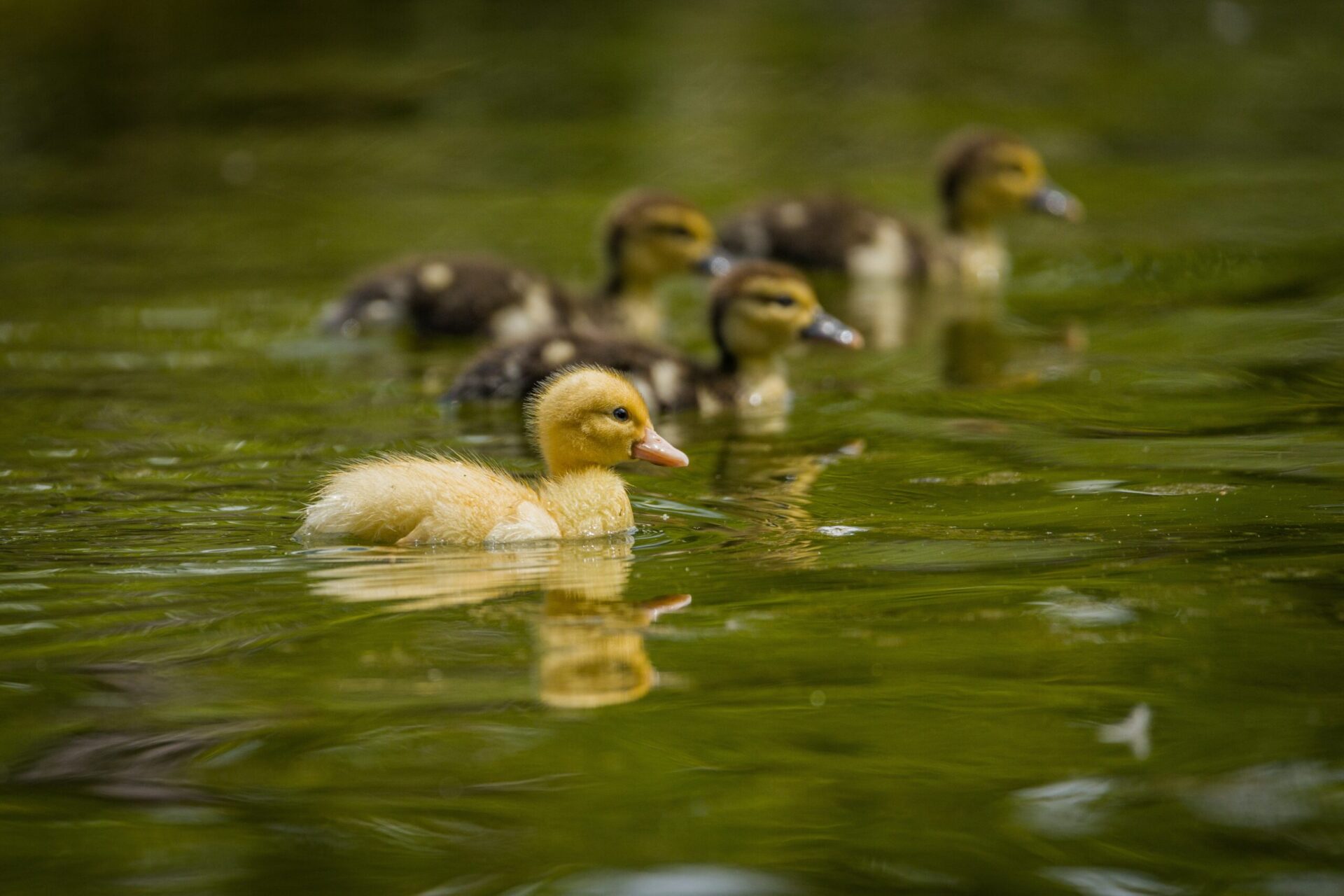
Wetlands are important habitat for migratory birds, and many species of waterfowl. These areas provide respite, food, and shelter. Photo Credit: Jean Paul Montanaro
As habitat loss continues to exert pressure on the roughly 450 bird species native to Canada, both national and local initiatives must work together to protect these valuable creatures. Middlesex County is located along the Atlantic and Mississippi flyways, two major migratory bird routes. Wetlands and upland habitat provide staging areas in Middlesex County, which provide access to food and allow the birds to rest and clean their feathers for the remaining journey ahead. Unfortunately, wetland area has continued to decrease nationally over the years as a result of land use change and the increasing impacts of climate change, making these annual migrations increasingly taxing on the birds that undertake them. The ecosystem projects will make an important contribution towards mitigating these impacts for years to come.
Adding 70 acres of wetland and upload habitat is a substantial community undertaking, an undertaking that ALUS Middlesex and its program participants are keen to take on. These projects are made possible by funding programs like Habitat Stamp Initiative, which is funded by the proceeds of the Canadian Wildlife Habitat Conservation Stamp. This unique project, which began in 1985, connects original Canadian art, the hunting community, conservation awareness and the funding necessary to make meaningful change. Celebrated artists such as Pierre Leduc, Claude Thivierge and Patricia Pepin have had their art featured on the stamp over the years. While the stamp is required on Migratory Game Bird Hunting Permits, it is also purchased by collectors and sold in various fine art forms. Funds from the sale of these products have helped over 1,600 conservation and restoration projects become a reality, positively impacting thousands of acres of wildlife habitat across Canada.
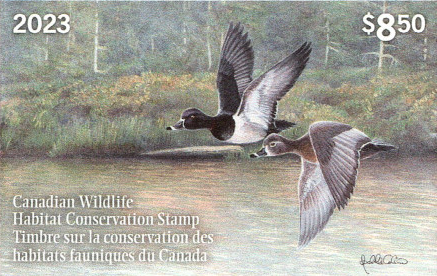
“Boreal Mist – Ring-necked Ducks” by Isabelle Collin
© His Majesty the King in Right of Canada, as represented by the Minister of Environment, 2023.
ALUS Middlesex would like to like to thank Wildlife Habitat Canada for its generous and meaningful support in helping to establish new wetlands and upland habitat for waterfowl and migratory birds in the region. A truly collaborative effort is necessary to make these projects a reality. The staff and Partnership Advisory Committee (PAC) of ALUS Middlesex would also like to thank the participant farmers and all other program partners for their important contributions to the project and their continued support in restoring and improving Canada’s incredible natural features.

